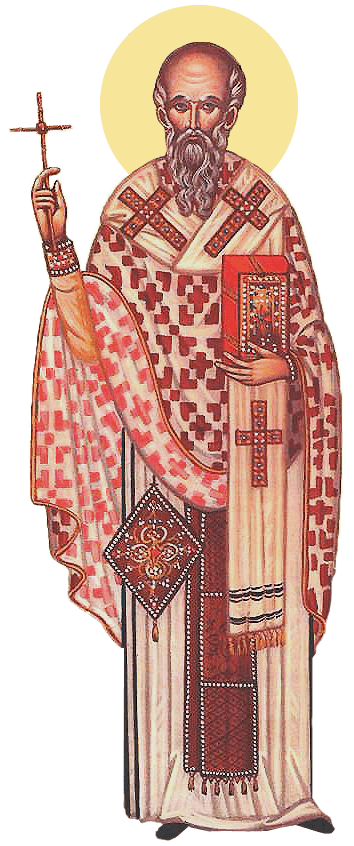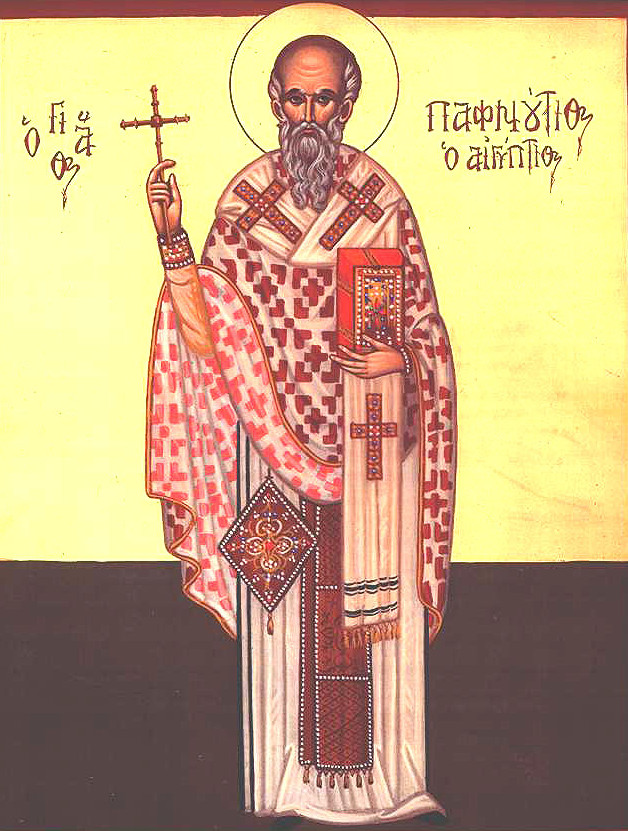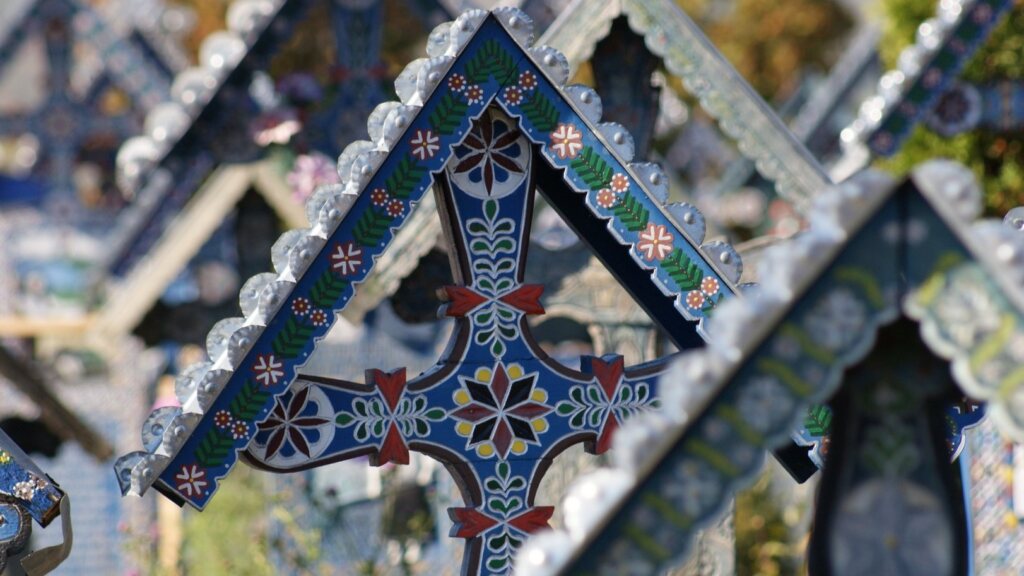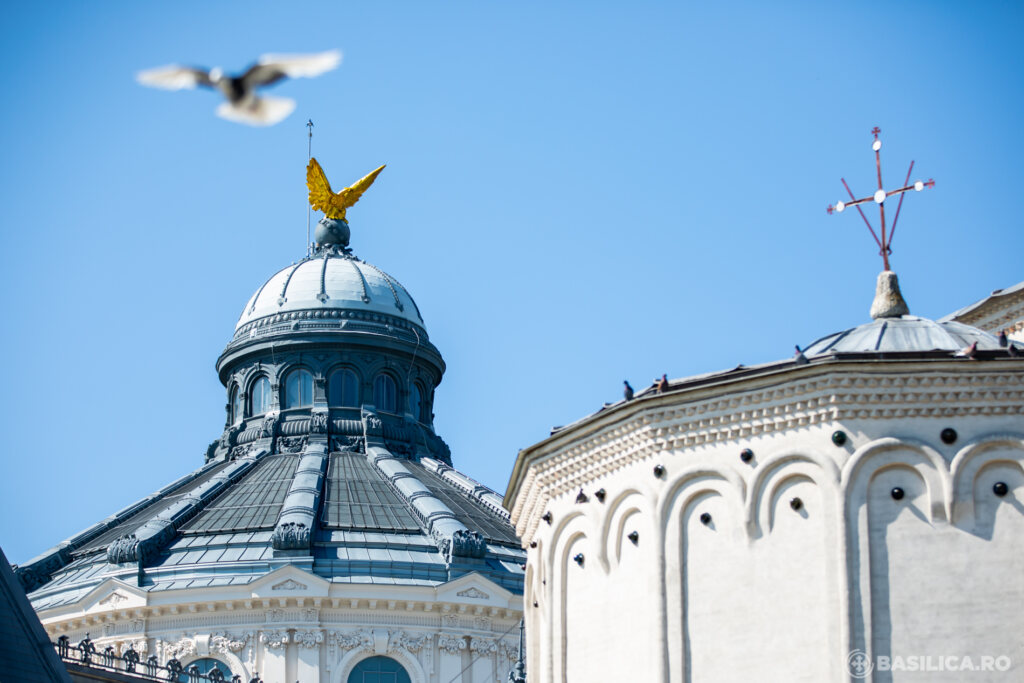Saint John of the Ancient Caves
He is called so because he lived during the eighth century in the Lavra of Saint Chariton (September 28). This was called the “Old,” or ancient cave, since it was one the oldest of the Palestinian monasteries. The Lavra was situated not far from Bethlehem, near the Dead Sea.
Saint John in his early years left the world, went to venerate the holy places of Jerusalem, and settled at the Lavra, where he labored in fasting, vigil, and prayer. He was ordained to the holy priesthood, and glorified by his ascetic life.
Troparion — Tone 8
The image of God was truly preserved in you, O Father, / for you took up the Cross and followed Christ. / By so doing, you taught us to disregard the flesh, for it passes away, / but to care instead for the soul, since it is immortal. / Therefore your spirit, O holy Father John, rejoices with the angels.
Hieromartyr Paphnutius of Jerusalem
He was a bishop. He underwent many sufferings from the pagans and was tortured by fire, wild beasts, and finally was beheaded by the sword.
Some suggest that the hieromartyr Paphnutius was an Egyptian bishop and suffered together with many other Egyptians, exiled to the Palestinian mines during the persecution by Diocletian (284-305).
The myrrh-streaming relics of the hieromartyr were glorified by miracles. The Canon in his honor was composed during the Iconoclast period (before 842). In the final Ode is a petition for the hieromartyr to put an end to the heresy disrupting the Church.
Troparion — Tone 4
By sharing in the ways of the Apostles, / you became a successor to their throne. / Through the practice of virtue, you found the way to divine contemplation, O inspired one of God; / by teaching the word of truth without error, you defended the Faith, / even to the shedding of your blood. / Hieromartyr Paphnutius, entreat Christ God to save our souls.







